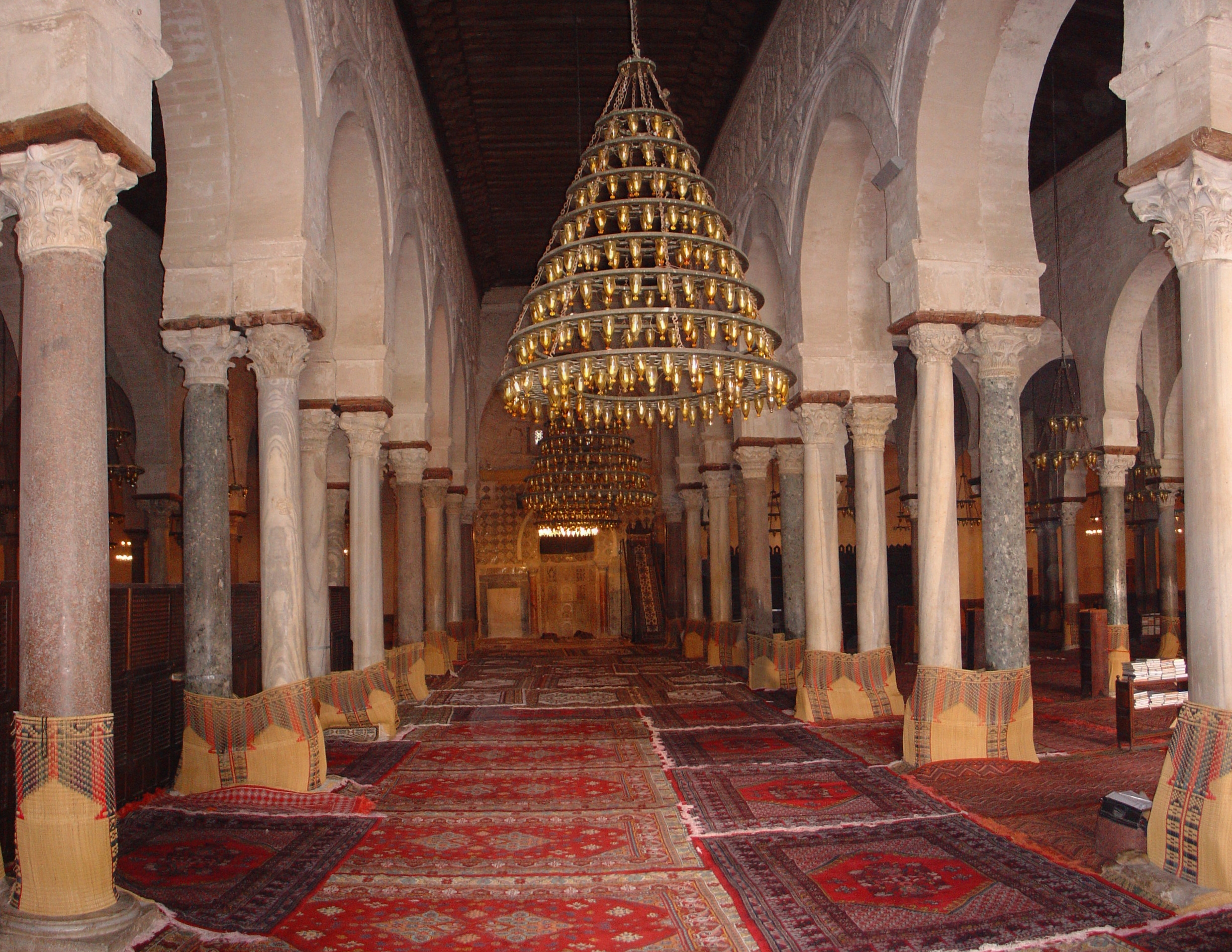|
Nanmian
Nanmian (南面) is the name for the southward orientation of thrones or seats of power in traditional Chinese culture. Emperors, empresses, high-ranking officials and other important persons in Chinese history would traditionally sit on seats that were located at the north and facing south. This position was considered the seat of honour in a hall. Usage In the Analects, Confucius comments that his disciple Ran You was worthy to sit in the nanmian (i.e. that he was worthy to sit in the place of a prince).https://lunyu.5000yan.com/6-1.html, Lunyu5000, 子曰:“雍也可使南面。, retrieved March 18th 2023 The implication was that even though Ran You was a disciple and not a prince, Confucius considered his virtue to make him worthy of such a high position. Zhu Xi a scholar of the Song dynasty, in his commentary on the Analects wrote "the one sitting at the nanmian, is in the place of the prince to listen and rule, for Chong Gong (Ran You) was magnanimous, wise, simple to ... [...More Info...] [...Related Items...] OR: [Wikipedia] [Google] [Baidu] |
Hall Of Supreme Harmony Interior 2010 April
In architecture, a hall is a relatively large space enclosed by a roof and walls. In the Iron Age and the Early Middle Ages in northern Europe, a mead hall was where a lord and his retainers ate and also slept. Later in the Middle Ages, the great hall was the largest room in castles and large houses, and where the servants usually slept. As more complex house plans developed, the hall remained a large room for dancing and large feasts, often still with servants sleeping there. It was usually immediately inside the main door. In modern British houses, an entrance hall next to the front door remains an indispensable feature, even if it is essentially merely a corridor. Today, the (entrance) hall of a house is the space next to the front door or vestibule leading to the rooms directly and/or indirectly. Where the hall inside the front door of a house is elongated, it may be called a passage, corridor (from Spanish ''corredor'' used in El Escorial and 100 years later in Castle Ho ... [...More Info...] [...Related Items...] OR: [Wikipedia] [Google] [Baidu] |
Ran You
Ran Qiu (born 522BC), also known by his courtesy name Ziyou and as Ran You, was a leading disciple of Confucius. Among Confucius's disciples, he was the foremost in terms of ability and accomplishment in statesmanship. As a military commander of the State of Lu, he repelled an invasion from the neighbouring State of Qi. His influence in Lu facilitated the return of Confucius to his native state after fourteen years of exile. Life Like Confucius, Ran Qiu was a native of the State of Lu, and was 29 years younger than the Master. He came from the same clan as Ran Geng and Ran Yong, two other prominent disciples of Confucius, and was of the same age as Ran Yong. Ran Qiu is noted in the ''Analects'' (11.3) for his achievement in government affairs. He was employed in Confucius' household, before becoming the chief officer of the Jisun (or Ji) household, which dominated the politics of Lu. He served under Ji Kangzi (季康子), head of the Jisun family, who was the chief minister ... [...More Info...] [...Related Items...] OR: [Wikipedia] [Google] [Baidu] |
Zhu Xi
Zhu Xi ( zh, c=朱熹; ; October 18, 1130April 23, 1200), formerly romanized Chu Hsi, was a Chinese philosopher, historian, politician, poet, and calligrapher of the Southern Song dynasty. As a leading figure in the development of Neo-Confucianism, Zhu Xi played a pivotal role in shaping the intellectual foundations of later imperial China. He placed great emphasis on rationality, opposed mysticism and religious experience, and constructed a huge philosophical system. His extensive commentaries and editorial work on the ''Four Books'' became the core texts of the imperial civil service examinations from 1313 until their abolition in 1905. He advanced a rigorous philosophical methodology known as the "investigation of things" () and emphasized meditation as an essential practice for moral and intellectual self-cultivation. Zhu Xi's thought exerted profound influence, becoming the official state ideology of China from the Yuan dynasty onward, and was later adopted in other East ... [...More Info...] [...Related Items...] OR: [Wikipedia] [Google] [Baidu] |
I Ching
The ''I Ching'' or ''Yijing'' ( ), usually translated ''Book of Changes'' or ''Classic of Changes'', is an ancient Chinese divination text that is among the oldest of the Chinese classics. The ''I Ching'' was originally a divination manual in the Western Zhou period (1000–750 BC). Over the course of the Warring States period, Warring States and early imperial periods (500–200 BC), it transformed into a Religious cosmology, cosmological text with a series of philosophical commentaries known as the Ten Wings. After becoming part of the Chinese Five Classics in the 2nd century BC, the ''I Ching'' was the basis for divination practice for centuries across the Far East and was the subject of scholarly commentary. Between the 18th and 20th centuries, it took on an influential role in Western understanding of East Asian philosophical thought. As a divination text, the ''I Ching'' is used for a Chinese form of cleromancy known as I Ching divination, ''I Ching'' div ... [...More Info...] [...Related Items...] OR: [Wikipedia] [Google] [Baidu] |



